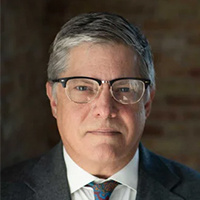Kiel Misdemeanor Lawyer, Wisconsin
Not enough matches for Kiel Misdemeanor lawyer.
Below are all Kiel Criminal lawyers.
Kirk Bowden Obear
✓ VERIFIEDCriminal, Felony, Traffic, White Collar Crime, DUI-DWI
Wisconsin Statewide Criminal Defense in all State and Federal Courts
Attorney Kirk Obear came to Wisconsin in 1999 after serving in the U.S. Air Force for more than ten years. He graduated summa cum laude from Mount Oli... (more)
Ronald A Kaminski
Construction, Environmental Law, Criminal, Corporate
Status: Suspended Licensed: 55 Years
Stephen M. Seymour
Criminal, Personal Injury, Civil Rights, Family Law
Status: In Good Standing Licensed: 34 Years


